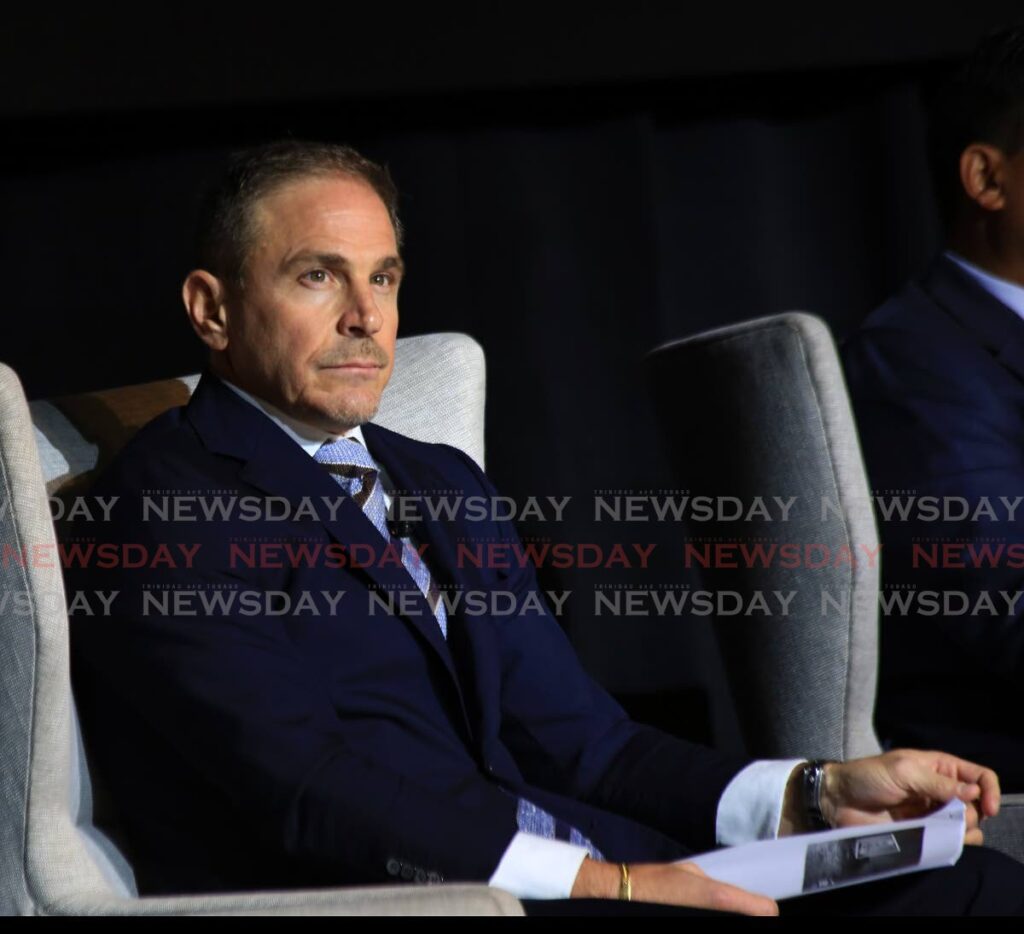Accounting exec: Dollar value making Trinidad and Tobago less competitive

A high-ranking executive at a leading accounting firm has suggested that the current value of the Trinidad and Tobago dollar might be having a negative impact on the country's ability to do trade and attract foreign investment outside of the energy sector.
Speaking at the TT Chamber of Industry and Commerce business outlook meeting Navigating the Way Forward on Thursday, Ernst & Young Caribbean executive chairman Wade George said, with the US dollar at a 20-year high, TT was losing ground against its natural trade competitors.
“I think it is important, I've seen a lot with foreign investors, and I think I understand the logical reasons why the Government wishes to keep the current trading rate. I think the tradeoff is very simple. We are subsidising imports while we are penalising exports. The US dollar is a 20-year high, therefore we are less and less competitive against our natural competitors.
“You create a system where you have a lot of haves and have nots in the trading area. Some have better access than others. And of course, when you think about a foreign investor bringing in hard currency in TT, outside of the energy sector, they have to ask themselves the most fundamental questions how do I get my money back?”
George explained that the global economic situation was quite troubling and as a response to the covid19 pandemic there were unprecedented monetary and fiscal policies unleashed in magnitudes that were never seen in history.
He said the global commodity markets were in serious slowdown and with petroleum prices drawing down over the past month, TT needed to consider the long-term structural concerns which remained deeply rooted in the oil and gas sector.
“I think it's no surprise that our economy remains highly levered to the petroleum sector, and this is not necessarily a bad thing. It is what it is. Production volumes have been declining and they have not performed in accordance with forecasts. We are consistently spending more than we are earning. And we are depleting our reserves of foreign currency.”
George said there were many areas for Government-led transformations among which included fixing the energy sector for ramped up production, investments in renewables, and current currency trading.
In March, an IMF report said the TT dollar was overvalued by 20 per cent, hinting that floating the dollar might be a good option.
It said, “Looking to the future, exchange rate flexibility, if properly utilised, would reduce the need for fiscal tightening to achieve external balance and create room for countercyclical monetary policy."
It also urged the Exim Bank to replace its hybrid exchange-rate system and special-purpose windows by "modernising FX and money market infrastructures.”
Minister of Finance Colm Imbert said the IMF’s recommendation was not something that the Government was considering as there were no reasons to do so.
“We intend to maintain the status quo with respect to our exchange-rate regime. We do not intend to devalue the currency. There is absolutely no reason to do so.”

Comments
"Accounting exec: Dollar value making Trinidad and Tobago less competitive"